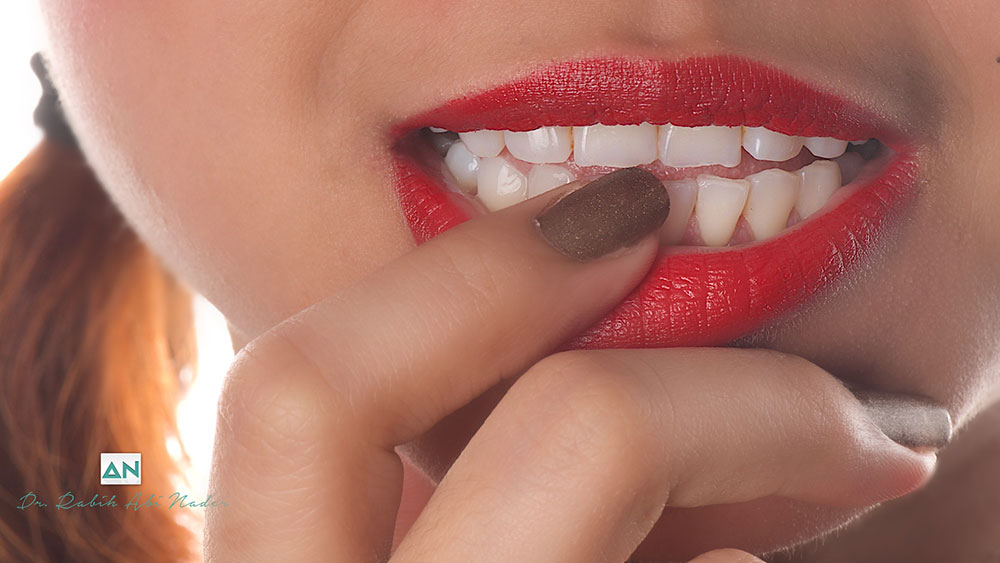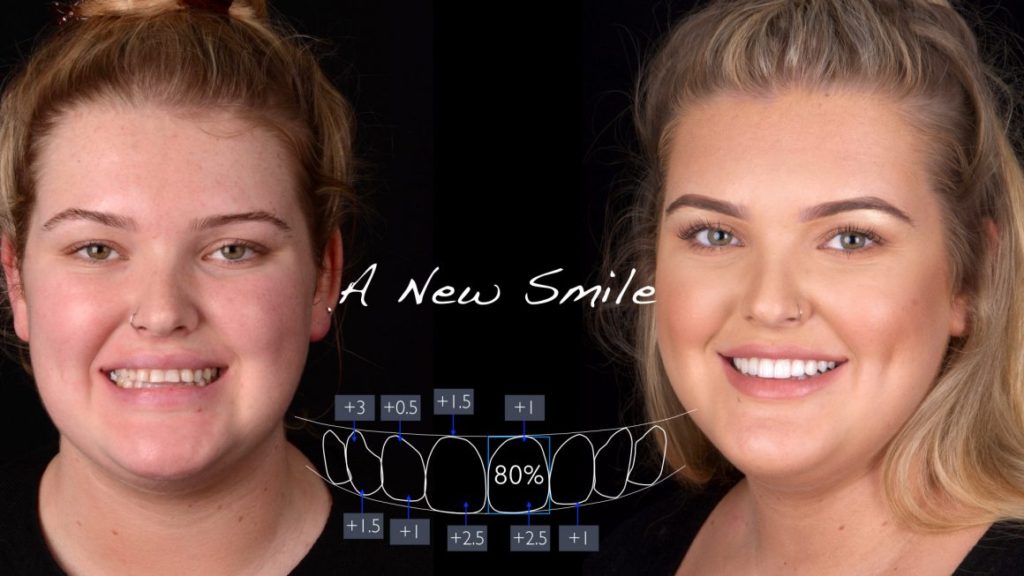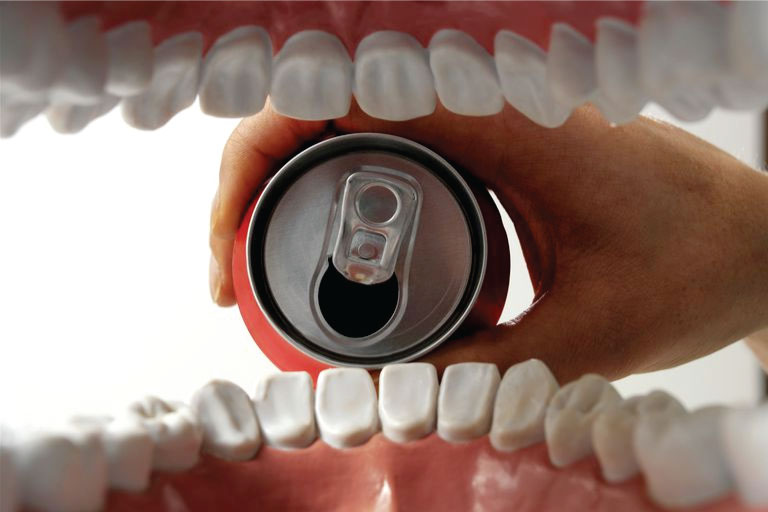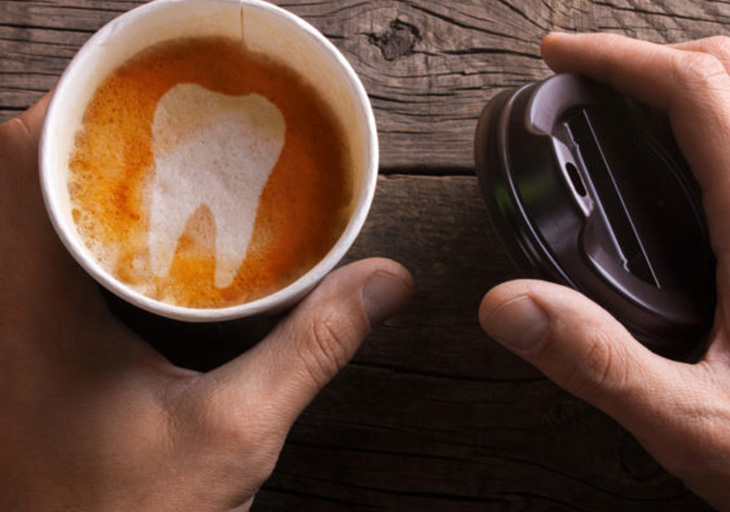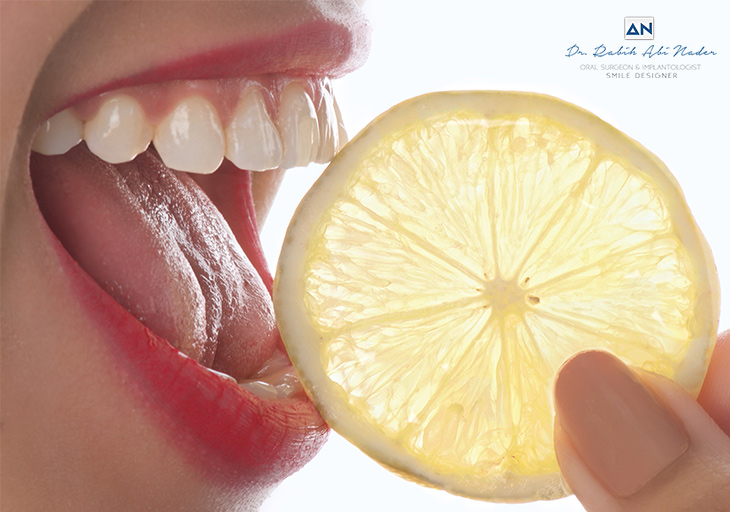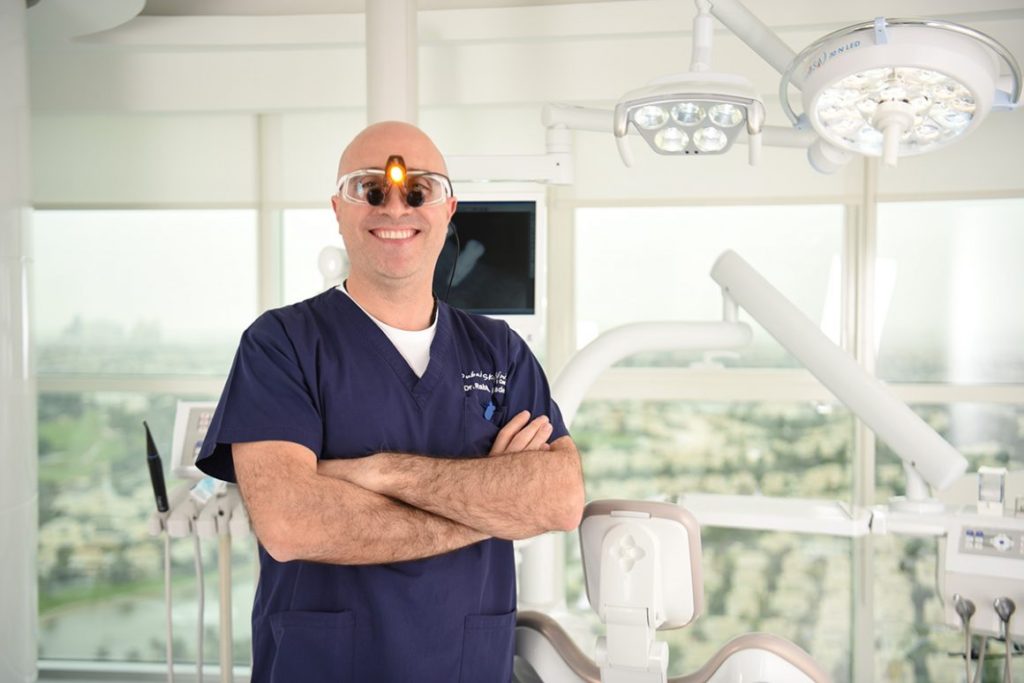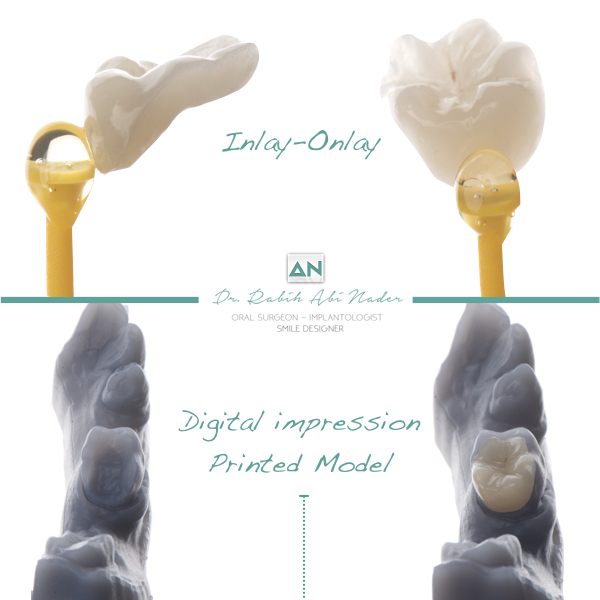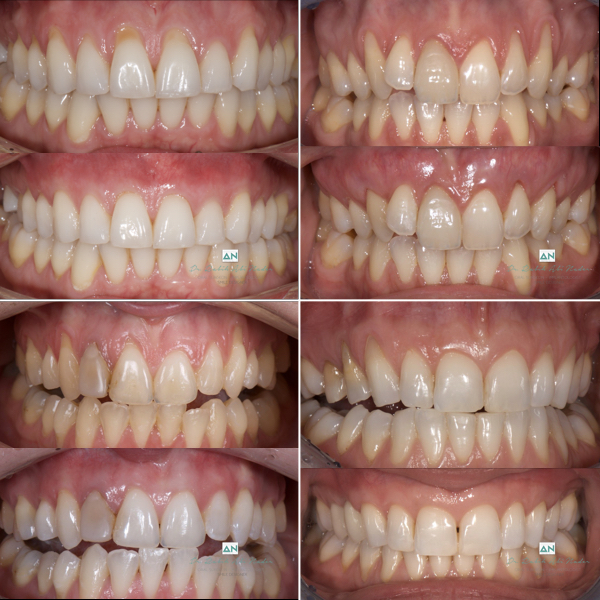What’s in Soda?
Most sodas contain carbonated water, a sweetener, natural or artificial flavoring, acids such (phosphoric, citric and carbonic), and sometimes artificial coloring. From a dental perspective, most of these ingredients have significant side effects on our teeth.
Soda and the Acidity Scale
Soda is not the only type of drink that has acid in it. Acidity is measured on a pH scale (or acidity scale) from zero to 14. 7 and anything that has a pH level of 7 is considered neutral. If it is higher than 7, it is “basic,” and lower than 7 is “acidic.” The normal saliva pH is 6.5 – 6.75.
The Problem with Acid in Drinks
The more acidic something is, the more harmful it can be to the enamel on your teeth. Enamel is a protective coating on our teeth that prevents them from decaying. Drinking soda can contribute not only to this change in color but also dissolving the enamel. Since enamel starts to dissolve at 5.50, anything at that level or closer to zero will certainly do damage, also breaking through to the dentin, which is the next layer lying directly beneath the enamel.
According to American Dental Association the pH of Coke is 2.37. For reference, this is close to the acidity level in phosphoric and sulfamic acid, which are at a pH level of 2. This is also the same pH as lemons. There’s definitely a lot of debate regarding what’s better: Coke or Pepsi. While the taste may be different, the pH levels are extremely close. Pepsi has a pH level of 2.39, which means that it is as much acidic as Coca-Cola.
Soda can do some remarkable irreversible damage to your teeth. Some research suggests it may be just as corrosive to teeth as drinking battery fluid, and this can occur as soon as the first three minutes of consumption.
This is caused by a combination of mostly three factors:
- First, the sugar (which is really a minor factor compared to the others) then
- Second, the phosphoric acid present in some sodas
- Finally the staining effect that they can have on your teeth.
The sugar problem is caused by acid creating bacteria on the surface of your teeth that feed on sugar and use it to create acid, which destroys your teeth.
The phosphoric acid is worth avoiding in general. This is the same substance that dentists use to scour enamel so you know it’s effective in removing it. Erosion is far more harmful than decay, and can cause hypersensitivity.
Finally comes the cavities and the staining of the teeth. Sodas add layers of sugars to your teeth that create plaque and offer food for the bacteria that happen to be in your mouth. Over time this layer can produce a yellowed effect on your teeth that is unsightly and will need to be treated by a Dentist.
So what can you do to prevent this?
- The most obvious answer is to reduce or stop consuming sodas.
- Substitute with fresh fruit juices or just have milk or better yet, water.
- Citrus juice should be consumed in moderation, and if possible, in one sitting, as the highly acidic nature of these juices can harm your teeth.
- Energy drinks and power drinks should also be avoided as they can have as much or even more sugar than sodas.
- If you do have soda, use a straw to reduce contact with your teeth.
- Also, rinse out your mouth and teeth with water, to wash out the sugars and stop them from wearing away the enamel in your teeth.
- Reduce your cavities and stop the erosion of enamel by using toothpaste and mouth rinse with fluoride.
Managing your oral health is significant – teeth is one of the few things in the body which cannot regenerate. Take care of your teeth today, and you’ll avoid painful and expensive dentistry work later on.

